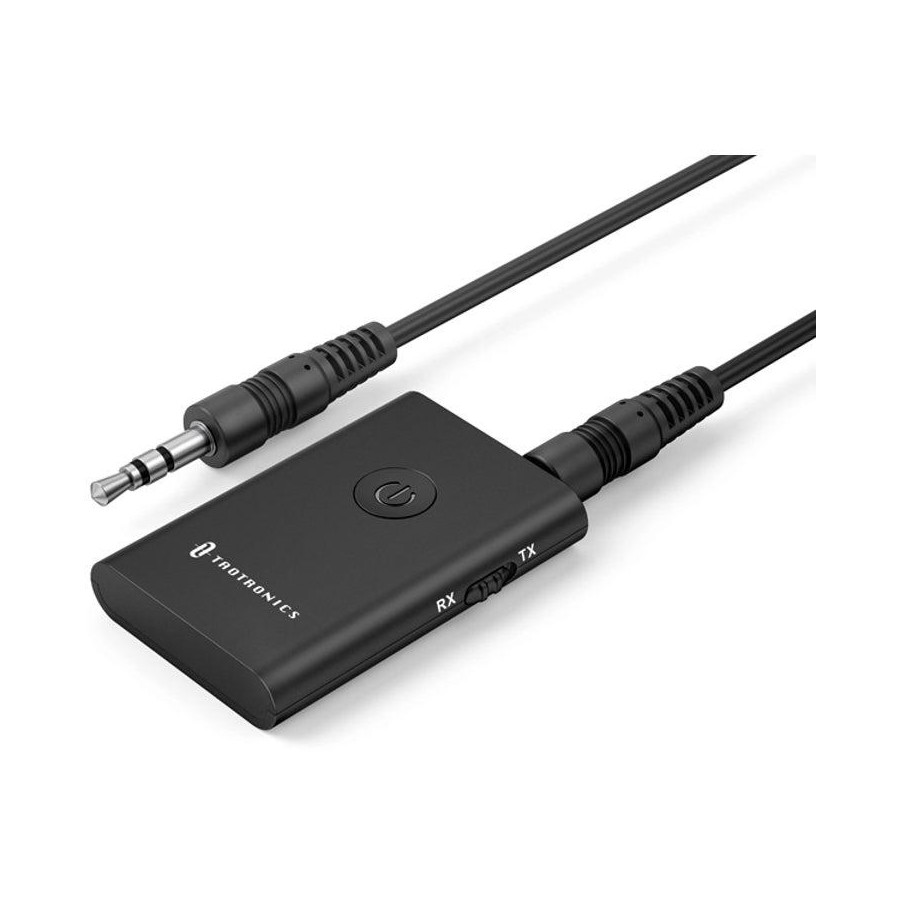Bluetooth transmitters have transformed how we stream audio from one device to another. These devices are essential for connecting non-Bluetooth audio sources, such as older televisions or audio systems, to modern Bluetooth headphones, speakers, or soundbars. The two primary types of transmitters on the market are wired and wireless options, each with its pros and cons. This article compares these two categories, examining their functionalities, features, and practical applications, helping you choose the option that best fits your needs.
Understanding the Basics of Bluetooth Transmitters
What Is a Bluetooth Transmitter?
A Bluetooth transmitter takes audio signals from a non-Bluetooth device and converts them into Bluetooth signals so that they can be streamed to Bluetooth-enabled devices. For instance, you can connect a Bluetooth transmitter to your TV’s audio output and send sound to wireless headphones or speakers. This functionality makes Bluetooth transmitters an excellent choice for enhancing your audio experience, especially for devices that lack built-in Bluetooth capabilities.
Different Types of Bluetooth Transmitters
Bluetooth transmitters come in both wired and wireless forms. Wired transmitters typically connect directly to the audio source using an audio cable, while wireless transmitters can operate independently of wired connections, relying on the Bluetooth technology itself. Knowing the differences between these two options helps determine which one will suit your specific audio needs.
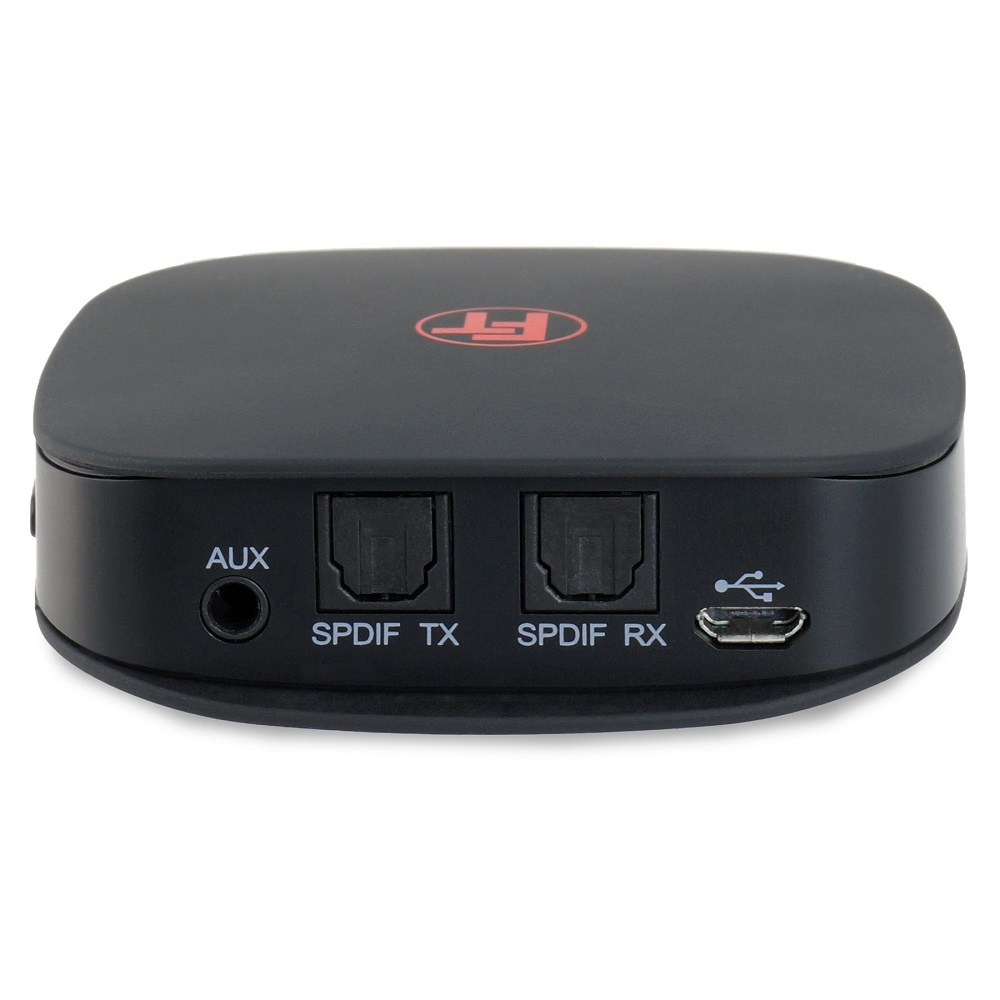
Wired Bluetooth Transmitters
Advantages of Wired Options
Wired Bluetooth transmitters generally provide a stable and reliable connection. Because they connect directly through an audio jack or optical output, there’s less risk of audio interruptions or degradation in quality. This reliability is particularly appealing for home theater setups or professional audio environments where clear, uninterrupted audio is essential. Many wired models also support high-resolution audio formats, giving you superior sound quality that’s perfect for audiophiles.
Setup and Configuration
Setting up a wired Bluetooth transmitter is often straightforward. You simply plug the audio cable into the appropriate ports, whether it’s a 3.5mm jack, an optical digital output, or RCA connectors. There’s no need for extensive pairing processes, making it user-friendly—especially for individuals who may be less tech-savvy. In most cases, turn on the transmitter, connect your Bluetooth audio device, and you’re ready to go. This easy installation process saves time and hassle, allowing for a more seamless audio experience right from the start.
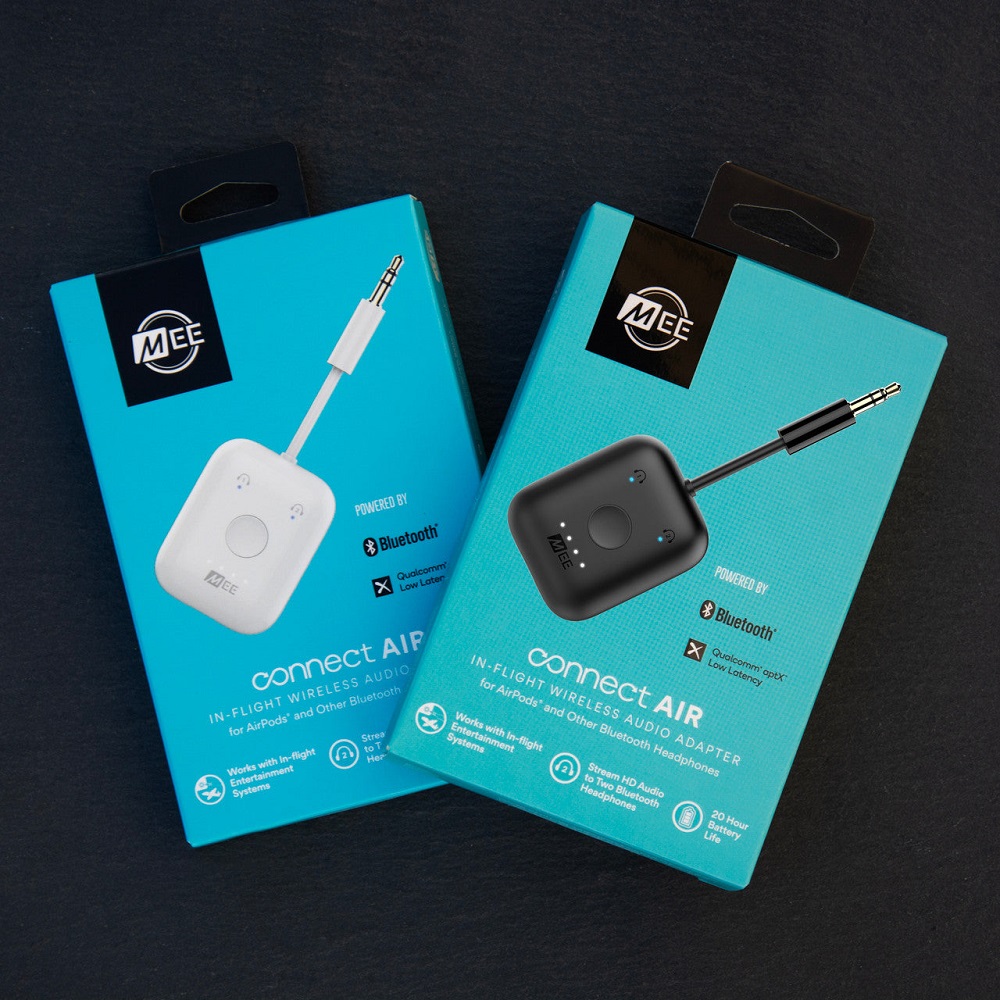
Disadvantages of Wired Transmitters
Limited Mobility
One of the key downsides of wired transmitters is their limited mobility. Since they need to be physically connected to an audio source, this setup can lead to cable clutter and restrict movement. Users must sit close to the audio source, as the length of the cable can limit roaming radius. This can be particularly inconvenient in larger spaces, where you might want to move around while listening to music or watching TV.
Potential Cable Damage
Over time, cables can wear out or become damaged, impacting audio quality or even preventing the setup from working altogether. Cords can tangle, become frayed, or break—adding additional maintenance concerns. Finding a replacement cable can be inconvenient, especially if you rely heavily on your wired transmitter for daily use. Therefore, while wired transmitters offer some advantages, these issues can make them less appealing for those seeking flexibility and mobility.
Wireless Bluetooth Transmitters
Advantages of Wireless Options
Wireless Bluetooth transmitters offer unparalleled freedom of movement. Without cables, you can easily carry your audio source around the house or take it with you outdoors. This advantage makes them an excellent choice for people who want to enjoy audio while on the move. Wireless models often incorporate Bluetooth technology that can connect to multiple devices, allowing seamless switching between audio sources.
Versatility and Convenience
Wireless Bluetooth transmitters are incredibly versatile. Many devices support multiple connection methods, enabling you to connect via 3.5mm jacks, RCA cables, or even optical audio. Moreover, some models support dual-link capabilities, allowing you to connect two devices at once. If you’re watching a movie with a friend, both of you can listen to the audio through your Bluetooth headphones. This feature makes wireless transmitters particularly appealing for social settings, travel, or shared experiences.
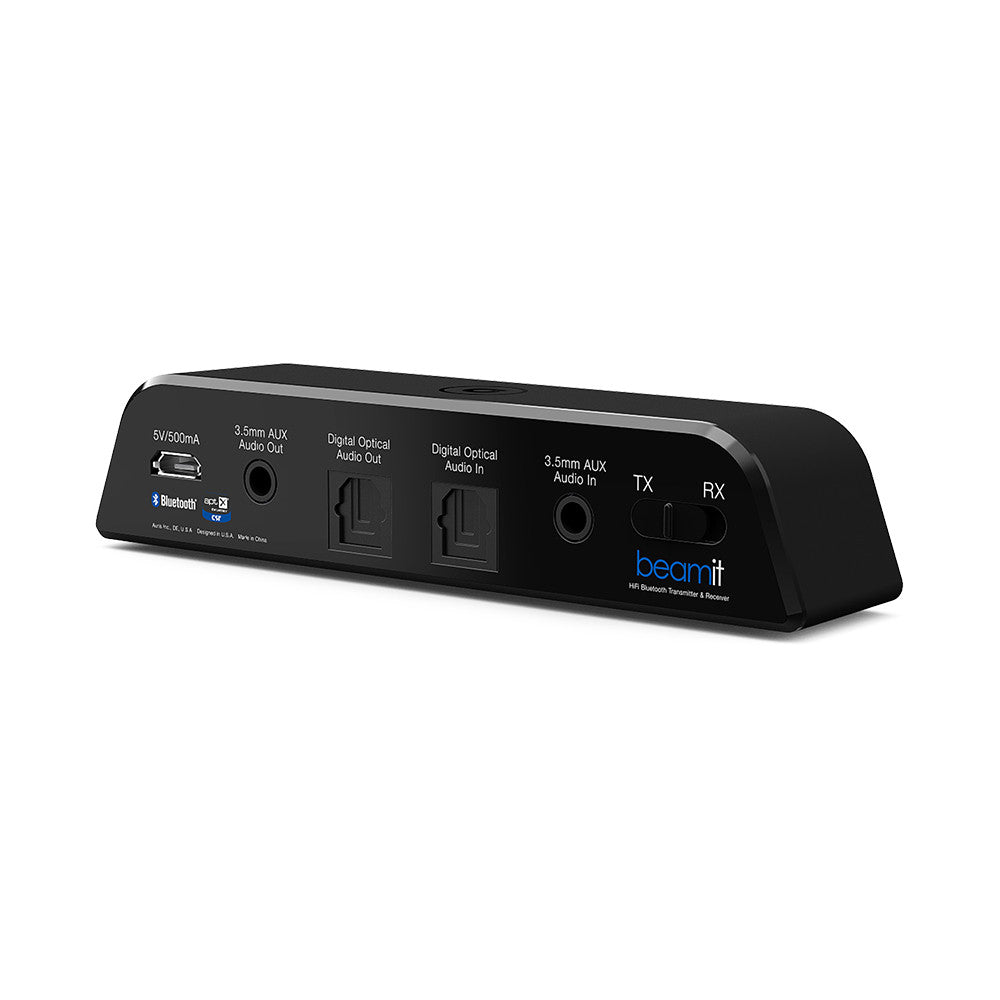
Disadvantages of Wireless Transmitters
Potential Audio Lag
One major drawback of wireless Bluetooth transmitters is audio lag. When audio signals are transmitted wirelessly, they may experience a slight delay compared to wired options. This lag can become especially noticeable during video playback or gaming, causing a mismatch between visuals and audio. To combat this, look for models that support low-latency codecs like aptX Low Latency, which help minimize delay. Choosing a high-quality wireless transmitter mitigates potential issues, enhancing your overall experience.
Dependence on Battery Life
Wireless Bluetooth transmitters typically rely on battery power, making battery life a crucial factor to consider. While many models offer impressive operating times with hours of playback, others may need frequent recharging. If you find yourself out and about without a power source, a dead battery could cut your audio experience short. Consider looking for users with internal batteries that offer long-lasting performance or that can operate while plugged in to ensure uninterrupted use.
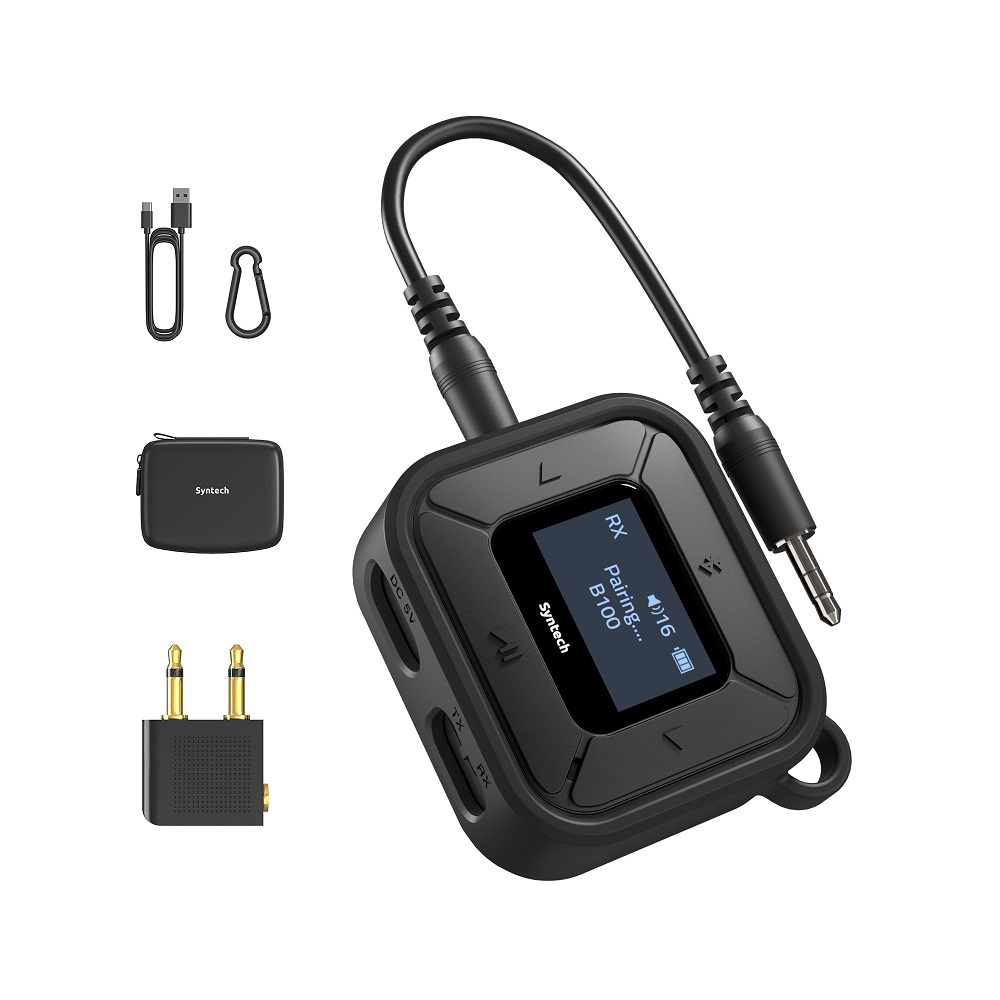
Choosing the Right Option for Your Needs
Assess Your Audio Setup
Think about how you plan to use your Bluetooth transmitter. If you primarily need it for a home entertainment system where you can stay close to your devices, a wired transmitter may suffice. They often deliver the best audio quality without interruptions. If you’re seeking flexibility, such as moving around while listening to music or podcasts, a wireless transmitter becomes essential.
Consider Your Usage Environment
Your environment plays a significant role in making a decision. For example, if you have a larger living space and want to enjoy audio from multiple rooms, a wireless transmitter offers great flexibility. On the other hand, if your setup is confined to one area, a wired transmitter might provide better audio fidelity along with a straightforward setup. Reflect on your lifestyle and audio habits to guide your decision toward the ideal transmitter type.
Future-Proofing with Advanced Features
Audio Quality and Codec Support
Regardless of whether you choose a wired or wireless option, ensure that the transmitter supports advanced audio codecs. High-quality transmission will make a noticeable difference in the richness of sound you’ll enjoy. Look for support for codecs like aptX HD and AAC to ensure you’re getting the best audio experience possible.
Evolving Technologies
As technology continues to evolve, consider how your chosen transmitter can adapt to future needs. Wireless models often update more frequently, incorporating new features such as improved connectivity, multi-device pairing, and advanced algorithm support for audio streaming. Investing in a model that offers various connection options ensures that your setup remains compatible with new devices and formats. This forward-thinking approach allows you to enjoy seamless audio experiences without frequent replacements.

Cost Considerations
Budgeting for Your Transmitter
When deciding between wired and wireless Bluetooth transmitters, consider the cost involved with each option. Wired transmitters tend to be more affordable, primarily due to their simple technology and fewer features. They can deliver excellent audio quality at lower pricing, making them appealing for users on a budget. However, investing in a high-quality wired transmitter often brings longevity and reliability, especially for home audio setups that require consistent performance.
Wireless Options and Investment Value
On the other hand, wireless transmitters typically come at a higher initial cost due to the advanced technology involved and the added features they offer. While these transmitters may require a more significant investment upfront, their versatility and convenience can make them worth the extra expense. Consider what you value most in your audio experience. If you frequently need to stay mobile or share audio with multiple people, opting for a wireless transmitter could provide you better value for your money in the long run. Evaluating your budget against your audio needs will help you make a more informed decision, ensuring you select the right Bluetooth transmitter without financial strain.
Conclusion
Both wired and wireless Bluetooth transmitters serve distinct purposes, and understanding their features and limitations can guide you toward the right choice for your audio needs. Wired transmitters excel in audio quality and reliability but come with constraints on mobility and potential cable clutter. On the other hand, wireless transmitters offer fantastic flexibility and ease of use but may experience lag and depend on battery life.
Ultimately, it’s essential to assess your specific requirements, the environments in which you use audio devices, and your preferences for sound quality and versatility. By carefully considering these factors and the future of audio technology, you can find the ideal Bluetooth transmitter that enhances your listening experience. Whether you opt for a wired or wireless option, a suitable Bluetooth transmitter will empower you to enjoy high-quality audio wherever you are, enriching your daily routines and entertainment.
